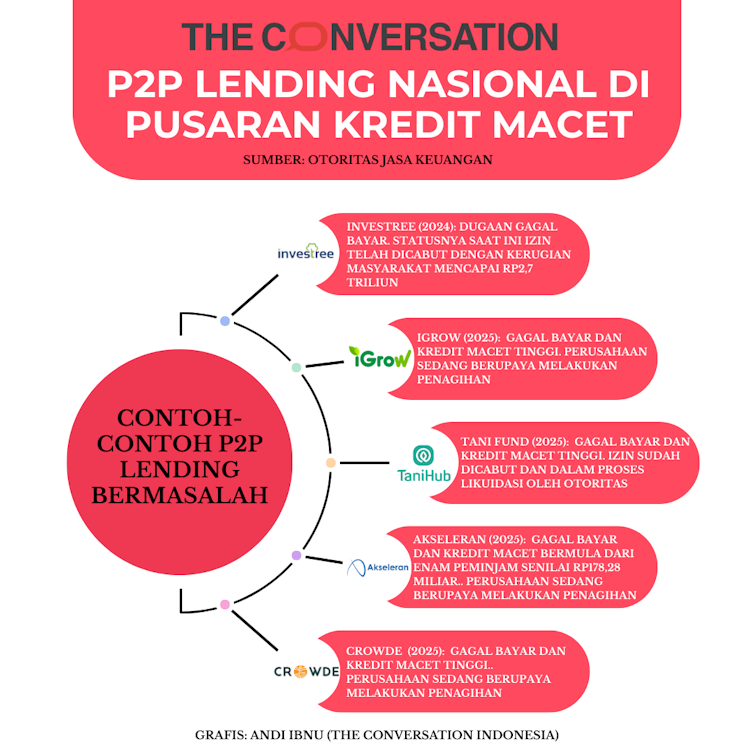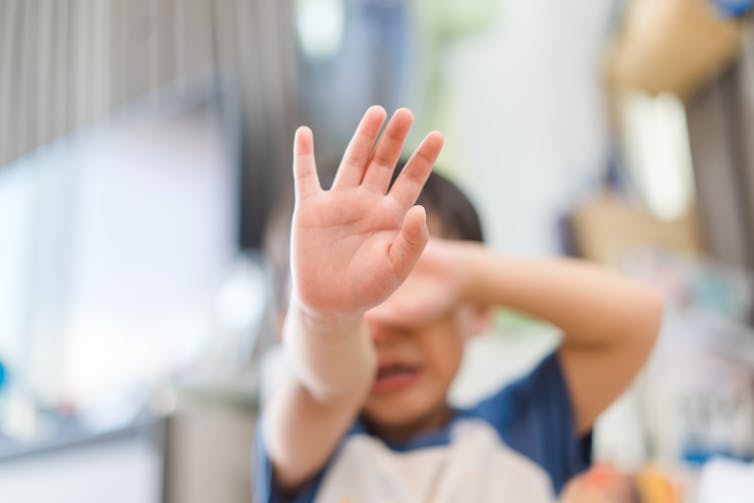Dyson's Global Dust Study Reveals Almost 80% Hong Kong People Do Not Vacuum Mattresses – A Hot Bed of Dust and Allergens
- Written by Dyson
The study[1], undertaken by 32,282 respondents from 33 countries around the world revealed that 95% of people are cleaning just as much, if not more, than they did last year to ensure their homes remain a clean and healthy space as many continue to be concerned about the cleanliness of their homes as a result of the COVID-19 pandemic. However, only 43% of Hong Kong people clean their home regularly while 50% of them are only motivated to clean when their home is dusty, when they can see was visible dust, or dirt on the floor. This is despite more than half of Hong Kong people expressing greater concern about cleaning during the COVID-19 pandemic. Dyson's global survey revealed people in some markets clean more frequently than others. Here in Hong Kong we are cleaning less regularly than the global average, with only 3 in 10 of us cleaning our homes 5 to 7 times a week.
"It is a cause for concern if people only clean when they spot visible dust on the floors as many dust particles are microscopic in size," says Monika Stuczen, Research Scientist in Microbiology at Dyson. "In fact, by the time people spot visible dust in the home, it is highly likely that there are dust mites in your home."
Are people cleaning the right spaces in their homes – with the right methods?
The Global Dust Study also explored areas in the home that people were cleaning. While the majority of people vacuumed their floors regularly, other spaces were commonly overlooked. With most Hong Kong people living in compact apartments, airing mattresses outdoors and washing and air-drying pillows and cushions frequently is rarely an option. Only 21% of Hong Kong people vacuum their mattresses despite spending one-thirds of their lives in bed and just 14% vacuum their curtains and blinds, which are often exposed to and can trap outdoor dust and other particles.
Hong Kong people were less concerned about household dust and also showed less knowledge of what makes up dust, tending to focus on cleaning up the more obvious hair and dirt from outside. Only 5% knew that dust mite faeces and carcasses are a major component of dust. A quarter were extremely worried about bringing in dust/dirt from outside.
Are pet owners aware of what their pets may carry?
Beyond becoming more frequent cleaners, the pandemic also saw a global surge in pet ownership and 57% of households across the world now own a pet[2]. 25% of Hong Kong respondents own a pet. However, awareness of what other creatures may reside on their pets is low, which is a concern.
- 80% pet owners are unaware that pollen can reside on their pets
- 72% pet owners are unaware that house dust mite faeces can reside on their pets
- 44% pet owners are unaware that bacteria can reside on their pets
- 63% pet owners are unaware that skin flakes can reside on their pets
People often think that pet hair triggers allergies[3]. However, some allergies are triggered by allergens found in pet dander – the dead skin cells that furry mammals such as cats, dogs and rabbits shed. Finding outdoor space for grooming can be challenging in Hong Kong and while 2 in 3 dog owners and 3 in 5 cat owners groom their pets at home at least once a week, 7 in 10 of them only groom with a brush or comb. This may reduce the amount of pet hair they shed around the home; but microscopic particles remain on their pets that can potentially be spread around the home.
At Dyson, our research shows us that the best way to tackle dust is to remove it from the home completely. The Dyson Global Dust Study reveals that more Hong Kong people (42% compared to the global average of 32%) feel that vacuum cleaners are the most effective in removing dust from the home. A vacuum and a wet cloth remain the top cleaning tools favoured by Hong Kong owners at 62% and 61% respectively.
"Using a wet cloth to clean surfaces is fine, but the sequence of cleaning tools matter. Dampening dust on floors – even fine dust invisible to the naked eye – could mean that you're creating a habitat more favourable to dust mite and mould proliferation," explains Monika. "Dust is most effectively removed with a vacuum cleaner first, before going on to wipe surfaces. Even then, it is important to use a vacuum cleaner with effective filtration and sealing technology to ensure that whatever you vacuum remains trapped and is not expelled back into the home."
"We hope this research inspires you to think about what is in the dust in your homes," explains Monika. "Just because it is out of sight does not mean it should be out of mind. The microscopic dust particles like pet dander and dust mite allergens may have a larger impact on your health and well-being than particles you can actually see with the naked eye."
To discover more findings from Dyson's Global Dust study, visit the Dyson Newsroom[2].
References
- ^ Media OutReach (www.media-outreach.com)
- ^ Dyson Newsroom (www.dyson.com)
Authors: Dyson
Read more https://www.media-outreach.com/news/hong-kong/2022/04/26/133828/





